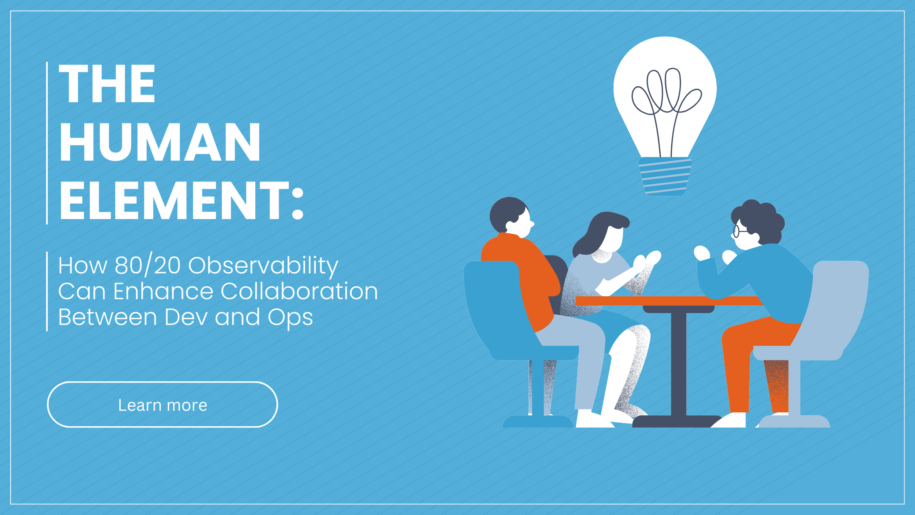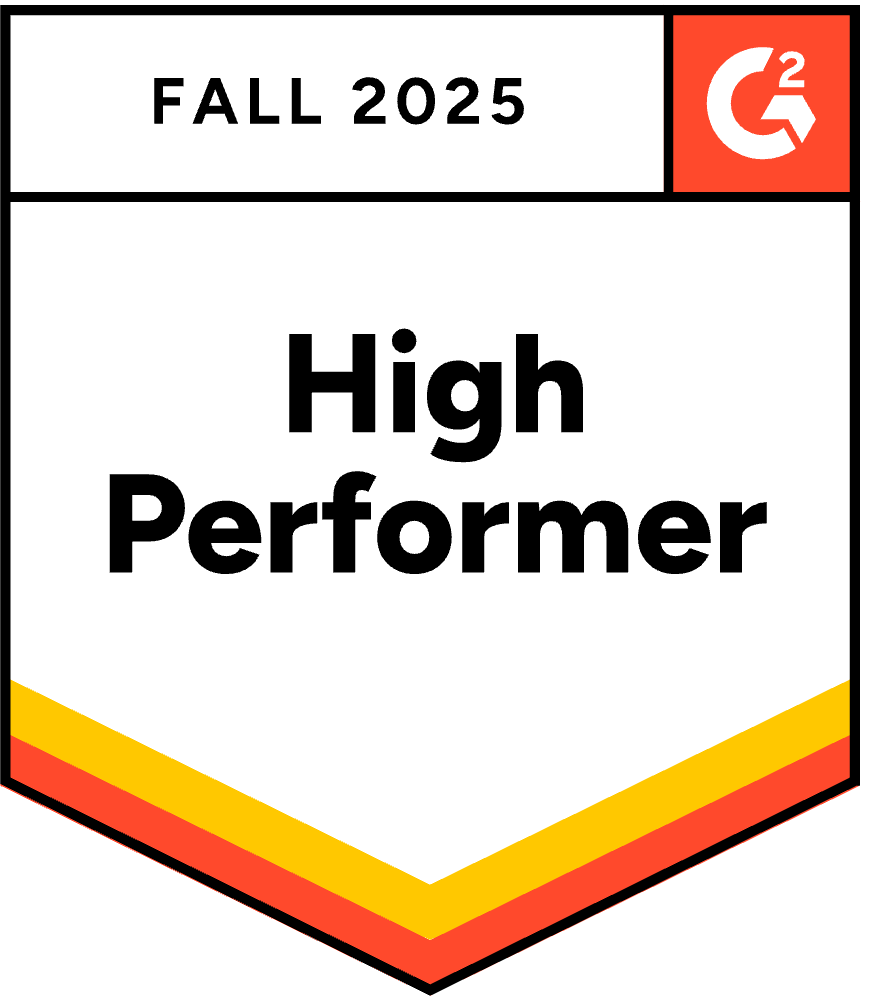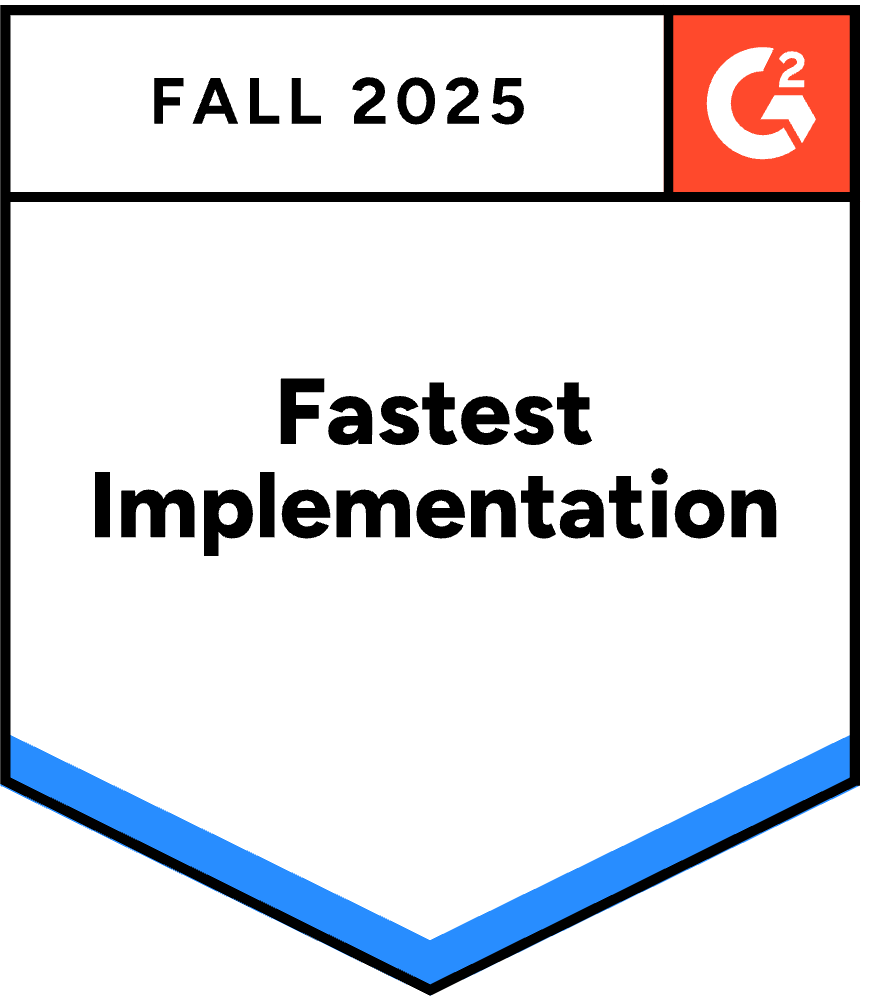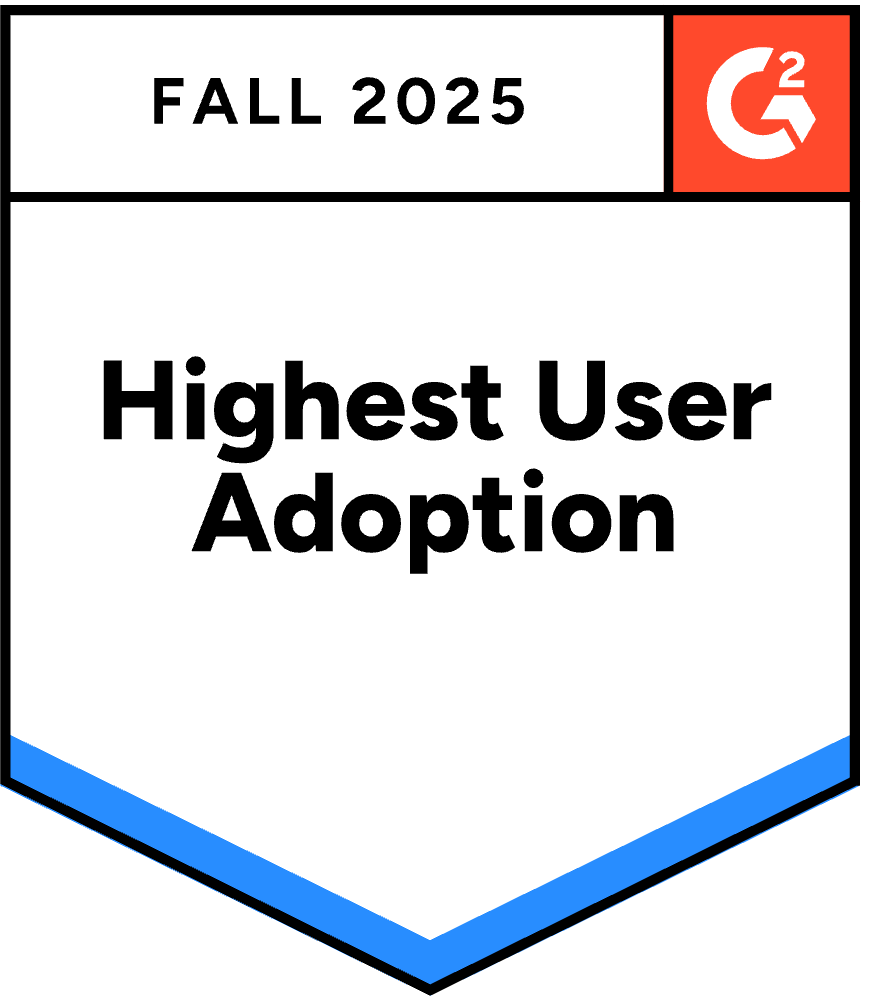Beyond the Metrics
Let’s be honest—we’re drowning in data. Every service, container, and function generates metrics, and somewhere beneath this avalanche of information lies the insight we actually need. But here’s the thing: DevOps’s biggest challenge isn’t technical. It’s human.
The Paradox of Plenty
I’ve sat in countless war rooms where Dev and Ops teams stare at different dashboards, speak different languages, and somehow try to solve the same problem. It’s not that we lack data – we’re swimming in it. The real issue is that we’ve forgotten about the human capacity to process and act on this information. That’s where the 80/20 principle comes in, and it might just be the key to unlocking better collaboration between these traditionally siloed teams.
Finding Signal in the Noise
Think about the last production incident you handled. How much time did you spend wading through metrics to find the ones that actually mattered? The 80/20 principle – the idea that 80% of effects come from 20% of causes – isn’t just a mathematical curiosity. In observability, it’s a lifeline. It suggests that a small set of carefully chosen metrics can tell us most of what we need to know about our systems’ health and behavior.
The Language Barrier
Here’s a scene that plays out in organizations everywhere: Developers speak in terms of code execution, memory usage, and garbage collection. Operations folks talk about system load, network latency, and disk I/O. Both teams are looking at the same system but seeing it through entirely different lenses. When we apply the 80/20 principle to observability, something magical happens – we start focusing on metrics that matter to both sides.
Building Bridges, Not Walls
The power of focused observability isn’t just in reducing noise—it’s in creating a shared language. When both Dev and Ops teams look at the same core metrics, they naturally develop a common understanding. I’ve seen teams transform from finger-pointing during incidents to collaborative problem-solving simply because they started speaking the same language.
The Trust Equation
Trust between Dev and Ops teams isn’t built through team-building exercises or mandatory lunch meetings. It’s built through shared understanding and clear accountability. When teams focus on a core set of meaningful metrics, ownership becomes clearer. Accountability becomes natural rather than forced. Trust follows inevitably.
From Reactive to Proactive
Here’s what changes when teams rally around a focused set of metrics: they stop fighting fires and start preventing them. I’ve watched teams transition from reactive war rooms to proactive planning sessions. The conversation shifts from “who broke it?” to “how can we make it better?” That’s the real power of the 80/20 principle in observability.
The Human Scale
Our brains aren’t wired to process hundreds of metrics simultaneously. We’re pattern recognition machines, but we need the right level of information to spot those patterns. The 80/20 approach to observability isn’t about dumbing things down – it’s about respecting human cognitive limits and optimizing for understanding rather than completeness.
Cultural Transformation Through Focus
Something remarkable happens when teams focus on fewer, more meaningful metrics: culture starts to shift. The blame game diminishes. Collaboration increases. Innovation flourishes. It’s not because we’re measuring less – it’s because we’re measuring what matters, in a way that brings people together rather than driving them apart.
The Art of Selection
Of course, the challenge lies in choosing the right metrics. It’s not about picking the easiest ones to measure or the ones that look good in reports. It’s about finding the metrics that truly tell the story of your system’s health and performance. This selection process itself becomes an exercise in collaboration between Dev and Ops teams.
Breaking Down the Walls
When teams share metrics, they share understanding. When they share understanding, they share responsibility. When they share responsibility, the traditional walls between Dev and Ops start to crumble, not because of a reorganization or a mandate, but because it becomes the natural way to work.
The Journey Forward
The path to better Dev and Ops collaboration doesn’t run through more tooling or more metrics. It runs through better focus and shared understanding. The 80/20 principle of observability isn’t just about efficiency – it’s about humanity. It’s about creating the conditions where people can work together effectively, understand each other clearly, and solve problems collaboratively.
A Call to Action
Next time you’re tempted to add another dashboard or alert, ask yourself: Is this adding clarity or complexity? Are we measuring this because it’s meaningful or because we can? The future of DevOps isn’t about collecting more data – it’s about fostering better human connections through focused, meaningful observability.
Remember, at its core, DevOps was never about tools or metrics. It was always about people working together effectively to build and maintain better systems. The 80/20 principle of observability simply gives us a practical way to make that collaboration more natural and more human.










